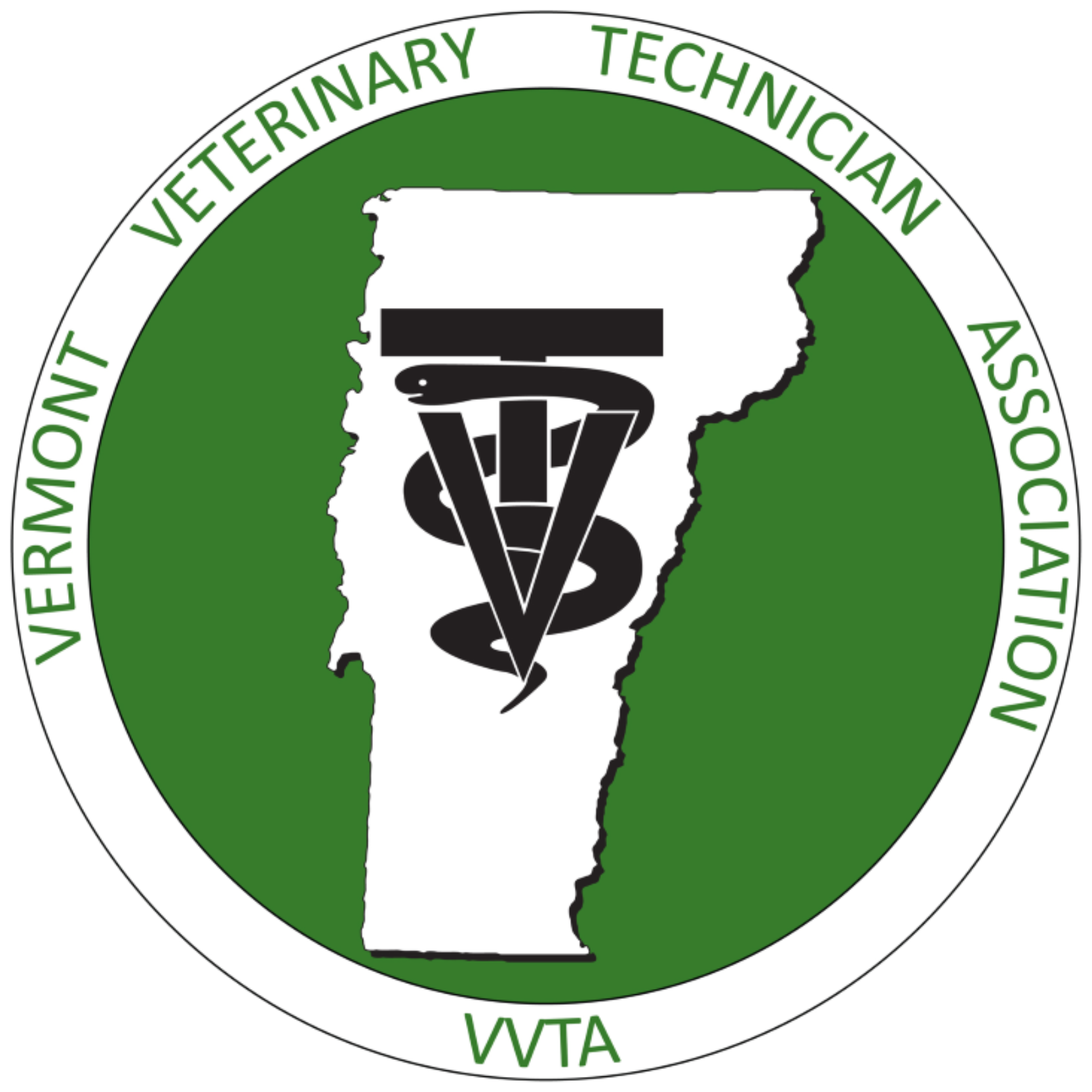Specialties |
NAVTA – North American Veterinary Technician Association | ||
| Due to a growing interest among veterinary technicians to attain a higher level of recognition for advanced knowledge and skills in specific disciplines, NAVTA developed the Committee on Veterinary Technician Specialties (CVTS). The Committee provides a standardized list of criteria and assistance for societies interested in attaining Academy status.
The NAVTA Committee on Veterinary Technicians Specialties (CVTS) was formed in 1994 and is recognized by the American Veterinary Medical Association. The CVTS provides guidelines to veterinary technician organizations to facilitate the formation of a specialty organization. Academies develop advanced pathways, which a candidate must follow and complete in order to be awarded the designation of VTS (Veterinary Technician Specialist) in their specific discipline. |
|||
| CVTS Guidelines | Annual Report Guidelines for Specialties | ||
| What’s the difference between a Society and an Academy?
A Society is for individuals interested in a specific discipline of veterinary medicine that must represent a distinct and identifiable specialty, supported by an existing veterinary specialty. An Academy designates veterinary technicians receiving recognition as a specialty and is restricted to credentialed veterinary technicians, who must complete a formal process of education, training, experience and testing to qualify. |
|||
Academies approved by NAVTA: |
|||
| The Academy of Veterinary Dental Technicians – gives the technicians the opportunity to expand their knowledge and their professional value by becoming a credentialed specialist in the field of animal dentistry. | The Academy of Veterinary Technician Anesthetists – promotes patient safety, consumer protection, professionalism and excellence in anesthesia care. The Veterinary Technician Specialist in Anesthesia is there to provide your pet with exceptional care before, during and after a procedure. | ||
| The Academy of Internal Medicine for Veterinary Technicians – a group of technicians from varied backgrounds who have come together to realize the formation of a new specialty organization specifically for veterinary technicians working in Internal Medicine. Sub-specialties include: small animal medicine, large animal medicine, cardiology, oncology and neurology. | |||
| The Academy of Veterinary Behavior Technicians – promotes excellence in the discipline of veterinary behavior medicine. Veterinary Technician Specialists with behavior certification will demonstrate superior knowledge in scientifically – and humanely – based techniques of behavior health, problem prevention, training, management, and behavior modification. The AVBT will advance the skills of veterinary technicians within the discipline of animal behavior and further their recognition as critical components of the veterinary behavior team in creating, maintaining, and strengthening the human-animal bond. | The Academy of Veterinary Emergency and Critical Care Technicians – has a goal of certifying Veterinary Technicians in order to assure the veterinary profession and the public that AVECCT certified technicians possess the knowledge and experience needed to work effectively in a well equipped and staffed emergency or critical care facility. | ||
| The Academy of Veterinary Surgical Technicians – encourages experienced surgical technicians to enhance their education and training by pursuing a surgical specialty. AVST will provide a standardized route through which technicians may qualify for a national examination to become a VTS (Surgery). Contacts: Teri Raffel, CVT – raffelteri@gmail.com Heidi Reuss-Lamky, LVT, VTS (Anesthesia) – frzbdogmom@aol.com. |
The Academy of Veterinary Zoological Medicine Technicians – created specifically for veterinary technicians working in zoological medicine. The AVZMT offers the opportunity for zoo technicians to demonstrate excellence in the field. | ||
| The Academy of Veterinary Nutrition Technicians – created to develop and support the area of veterinary nutrition, develop the knowledge and expertise of veterinary technicians to become certified in the field of nutrition and endorse technicians as a vital part of the veterinary nutrition profession. | The Academy of Equine Veterinary Nursing Technicians – created to meet the needs of the equine veterinary community. Contact: Jessie Loberg – lobergj@hotmail.com |
||
| The Academy of Veterinary Technicians in Clinical Practice – modeled after the American Board of Veterinary Practitioners, this academy has developed three initial species-specific categories: canine/feline, avian/exotic and production animal. The academy’s credentialed veterinary technicians provide comprehensive, multidisciplinary care. Candidates are expected to demonstrate expertise in a range of clinical disciplines within their species specialty. Contact: Liza Rudolph, LVT, CVT- lwrlvt@aol.com. |
The Academy of Veterinary Clinical Pathology Technicians – created to advance the area of and promote excellence in the discipline of veterinary clinical pathology. Contact: Barbie Papajeski, MS, LVT, RLATG – avcpt.vts@gmail.com. |
||
Societies |
|||
| Society of Veterinary Behavior Technicians – enriches human animal interactions by promoting scientifically based techniques of training, management, and behavior modification. SVBT provides a forum for discussion and continuing education while working with allied professional organizations to strengthen the veterinary health care profession.
|
The American Association of Equine Veterinary Technicians – a professional Association for equine veterinary technicians, assistants and practice managers, as well as other support staff. Their mission is to promote the health and welfare of the horse through the education and professional enrichment of the equine veterinary technician and assistant. | ||
| Association of Zoo Veterinary Technicians – dedicated to all aspects of quality veterinary technical care in the field of zoo animal medicine. | Veterinary Emergency and Critical Care Society – provides a forum for collaboration of all individuals interested and involved with veterinary emergency and critical care medicine and surgery. Their mission is to promote the advancement of knowledge and high standards of practice in veterinary emergency medicine and critical patient care. | ||
Specialty Brochures |
|||
| Emergency and Critical Care | Nutrition | Dentistry | Surgical |
| Clinical Practice | Zoo | Equine | Behavior |
| Internal Medicine | Anesthesia | Clinical Pathology | |
| To learn more about Veterinary Technician Specialties and Societies, contact CVTS Committee Chair Kara Burns |
|||
| All of these contributed by NAVTA. For more information go to NAVTA.NET | |||
